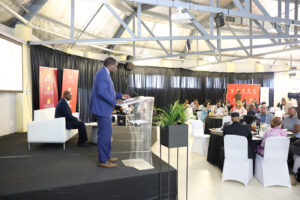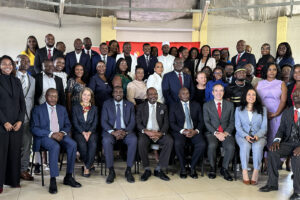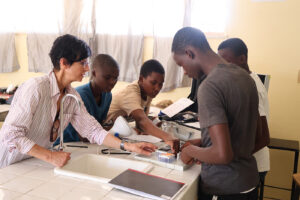Dr. Andreas Bovenschulte, the Mayor of Bremen, recently gave a captivating public lecture on “Contemporary Leadership in Local Authorities Governance” at the University of Namibia (UNAM).
The lecture took place on on 24 September 2024, at the Main Campus and drew a wide audience, including notable public figures and academics.
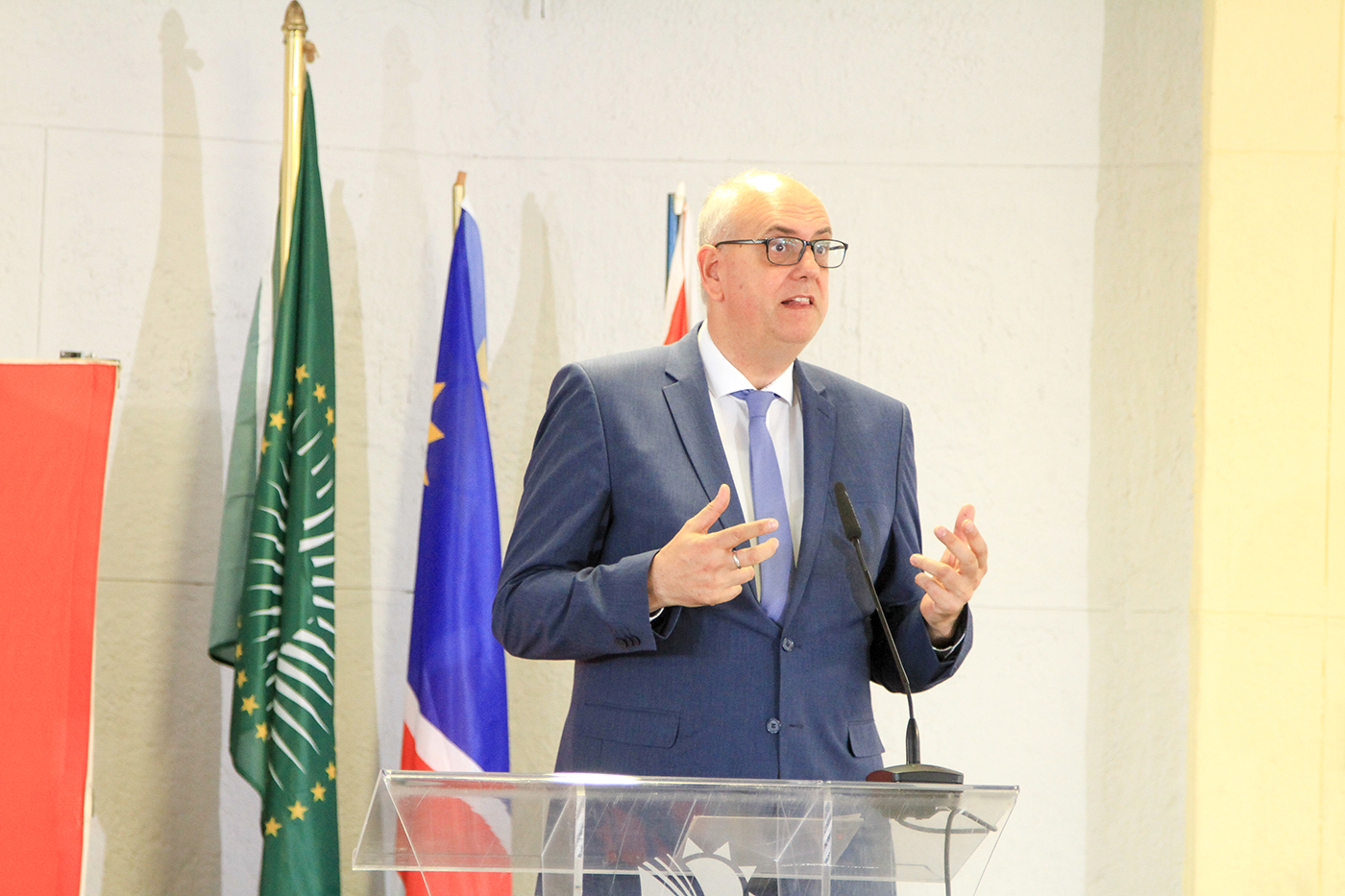
The occasion had a focus on the importance of adaptable leadership in municipal administration as well as the role that cities may play in tackling global issues.
Professor Dr. Manfred Hinz, Emeritus Professor of Public Law at the University of Bremen, introduced Dr. Bovenschulte by reflecting on the history and significance of the long-standing cooperation between Bremen and Windhoek.
“We have worked together for almost 30 years, and this partnership has only grown stronger through shared goals and a commitment to meaningful collaboration,” remarked Prof. Hinz, emphasizing the ties between the two cities and institutions.
Also present were Mayor of Windhoek, Her Worship Queen Kamati, City of Windhoek CEO, Mr Moses Matyayi, former Namibian ministers Ben Amadhila, Helmut Angula, Pendukeni Ivula-Ithana, Professor Stanley and other distinguished guests.
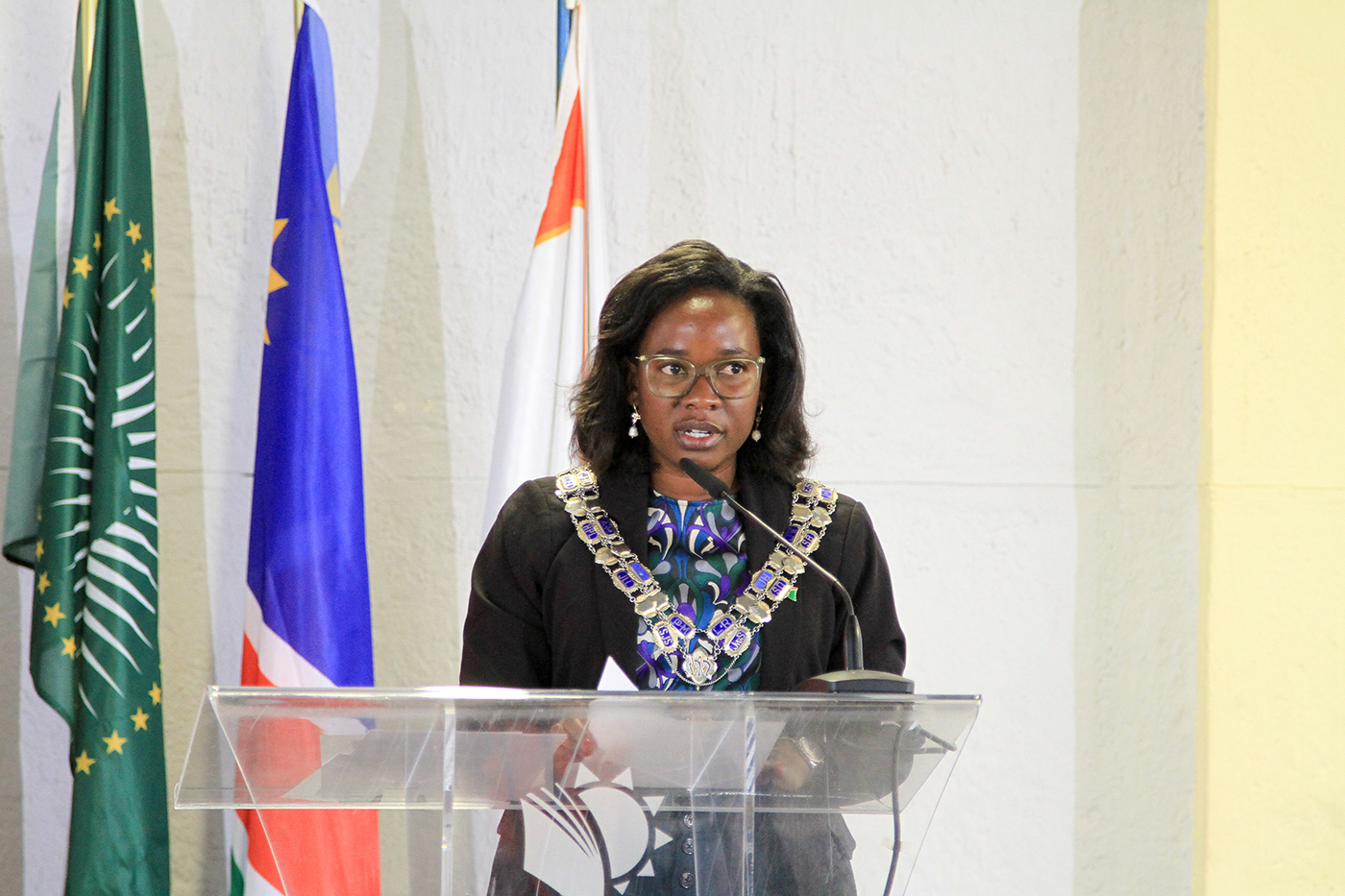
In his introduction, Professor Hinz recalled the key role that decentralisation played in Namibia’s post-independence negotiations and how the concept continues to evolve within local governance structures.
He noted that Namibia, like many countries, still faces challenges in establishing effective local authorities, particularly in communal areas.
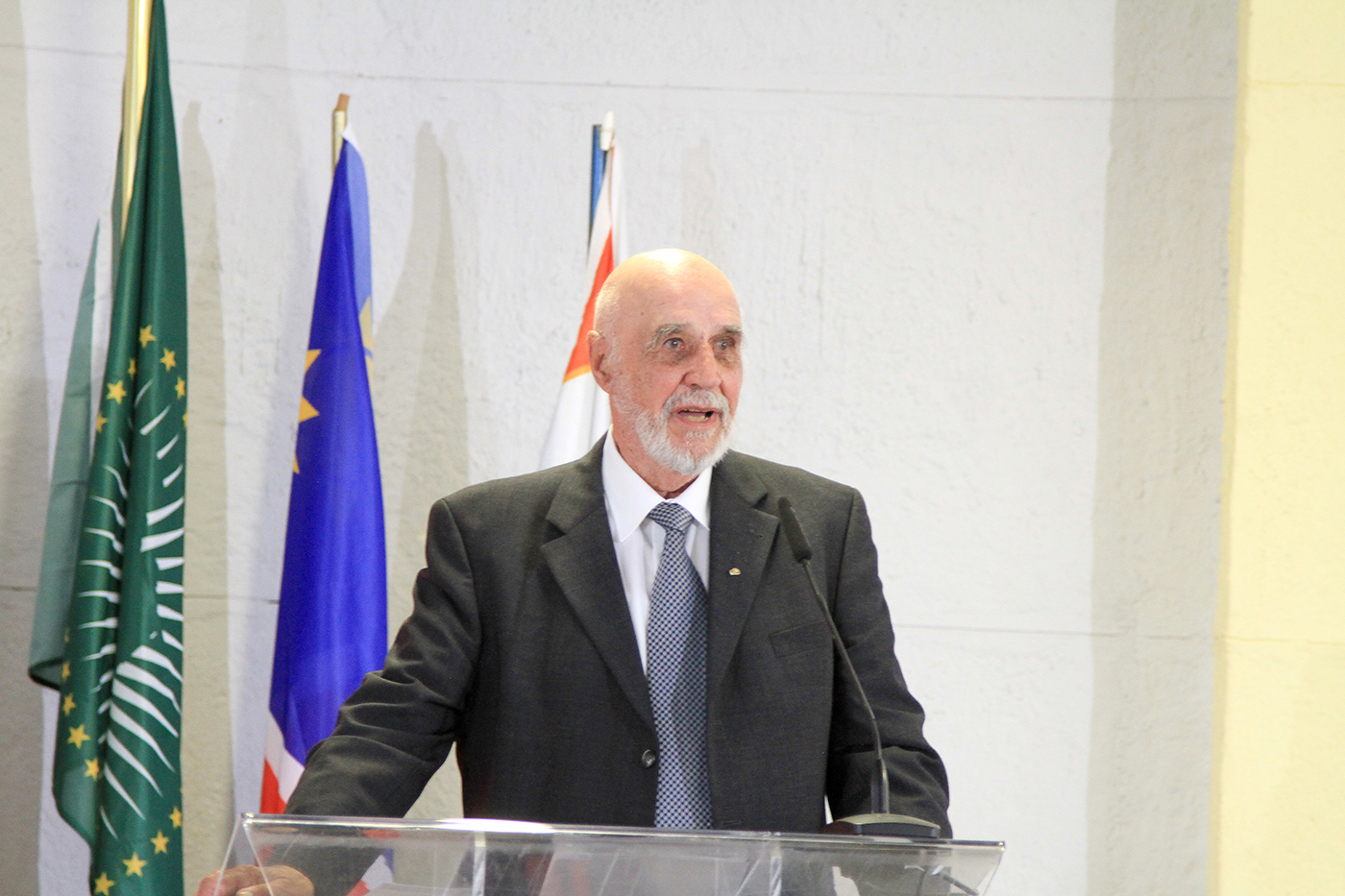
Taking the podium, Dr. Andreas Bovenschulte delivered an insightful presentation that underscored the urgent role of cities in tackling modern global challenges.
He began by noting that over half of the world’s population now lives in urban areas, a figure expected to rise to 70% in the coming years. This shift, he said, places immense pressure on local governments to innovate and adapt.
“Namibian cities, like it or not, are now global cities, aspiring to develop diplomatic, political, and communicative actions,” Dr. Bovenschulte stated.
He elaborated on the power of city diplomacy, explaining how cities are increasingly becoming key players in international cooperation. “Cities can awaken diplomatic practices with their own routines, formats, and models.
Diplomacy provides new sources of legitimacy and political power to those who accept it and support it,” he added.
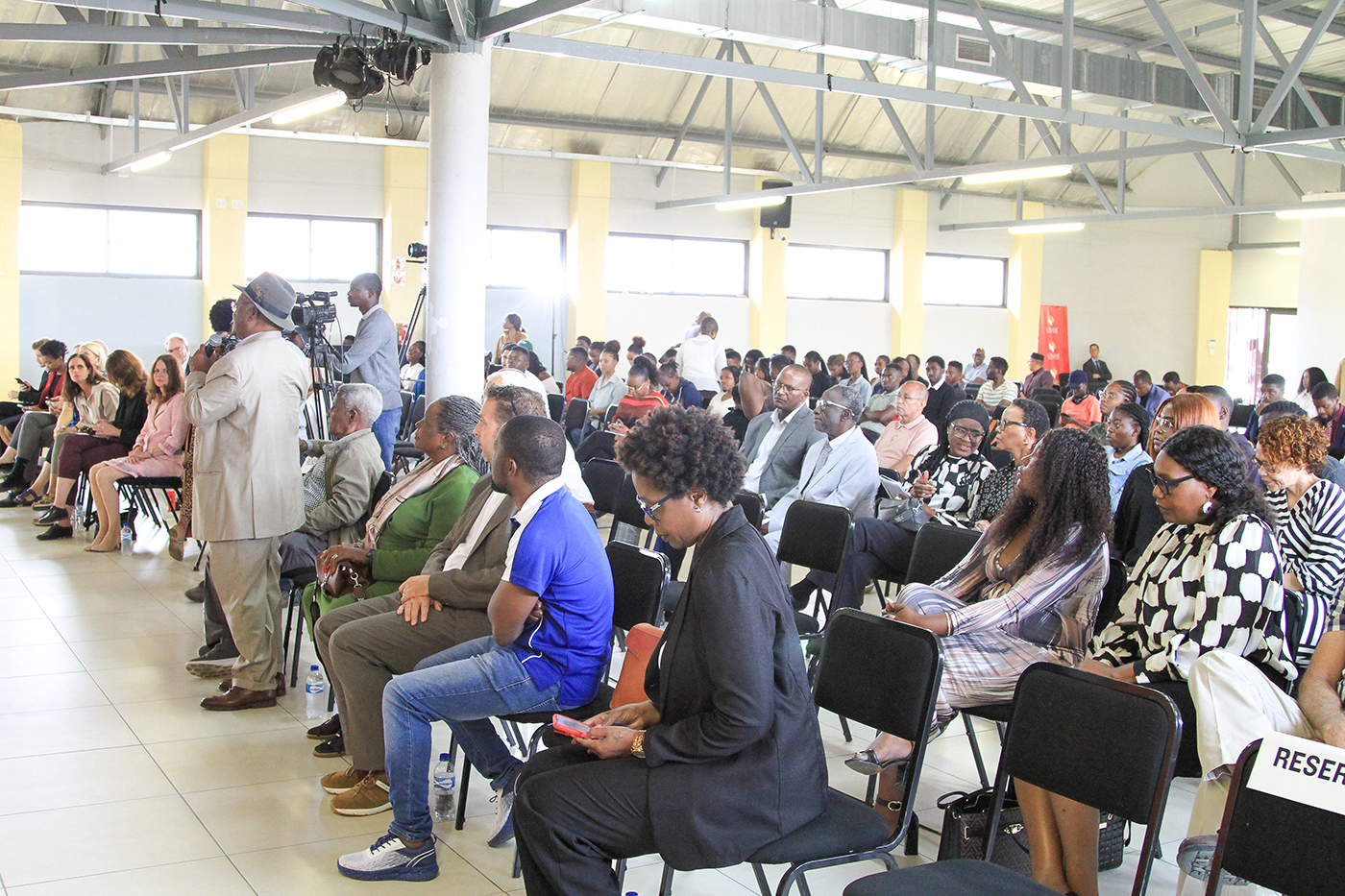
Dr. Bovenschulte stressed that the ability to address global challenges such as climate change, refugee crises, and social inequality rests heavily on the shoulders of city leaders. “National and international developments, both positive and negative, directly impact cities, manifesting themselves in social, ecological, and economic challenges,” he explained.
According to Dr. Bovenschulte, local governments are often the first to respond to these crises and must be equipped with the tools to find solutions.
The Bremen-Windhoek partnership
A central theme of Dr. Bovenschulte’s lecture was the significance of international partnerships, exemplified by the long-standing collaboration between Bremen and Windhoek.
This partnership, he said, demonstrates how cities can work together to address both local and global challenges. “Think globally, act locally,” he emphasised, pointing to the real-world impact of this collaboration on areas such as sustainable development and urban governance.
Dr. Bovenschulte highlighted the practical outcomes of the Bremen-Windhoek partnership, particularly in improving the lives of citizens through joint initiatives. “Our partnership is not just about signing agreements; it’s about concrete actions that enhance the quality of life for our residents,” he noted, citing examples of environmental and economic projects spearheaded by the two cities.
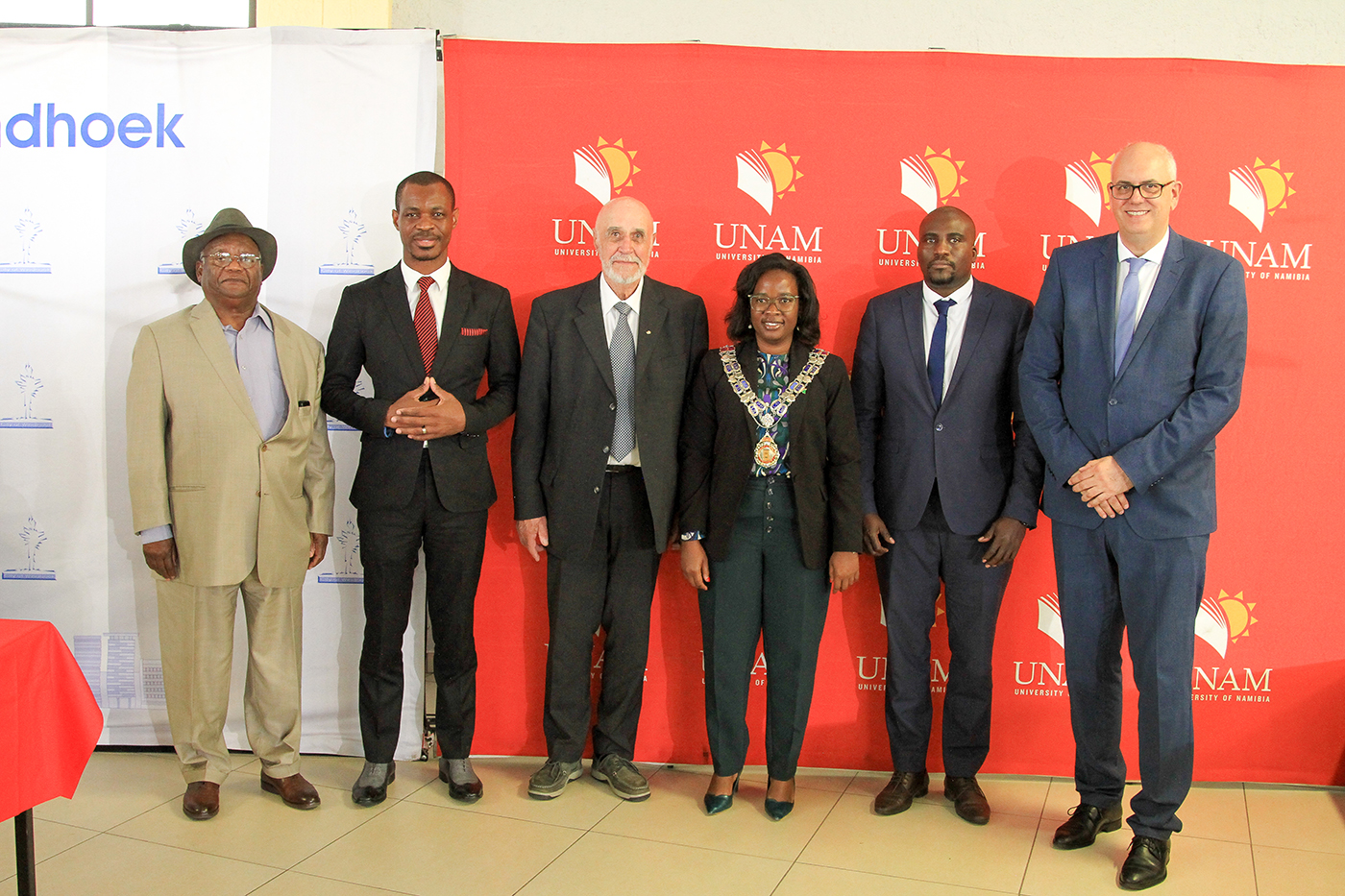
Balancing Political and Administrative Leadership
Dr. Bovenschulte’s lecture also addressed the complex dynamics of leadership within local governance.
Drawing on his dual role as both mayor and prime minister of a federal state in Germany, he spoke about the importance of balancing political and administrative leadership.
He contrasted different governance models, including the strong mayor system in Germany, where the political and administrative roles are separated.
“Effective local governance requires a political mayor who can define common goals and win the hearts and minds of the people, alongside a professional administration that gets things done,” he said.
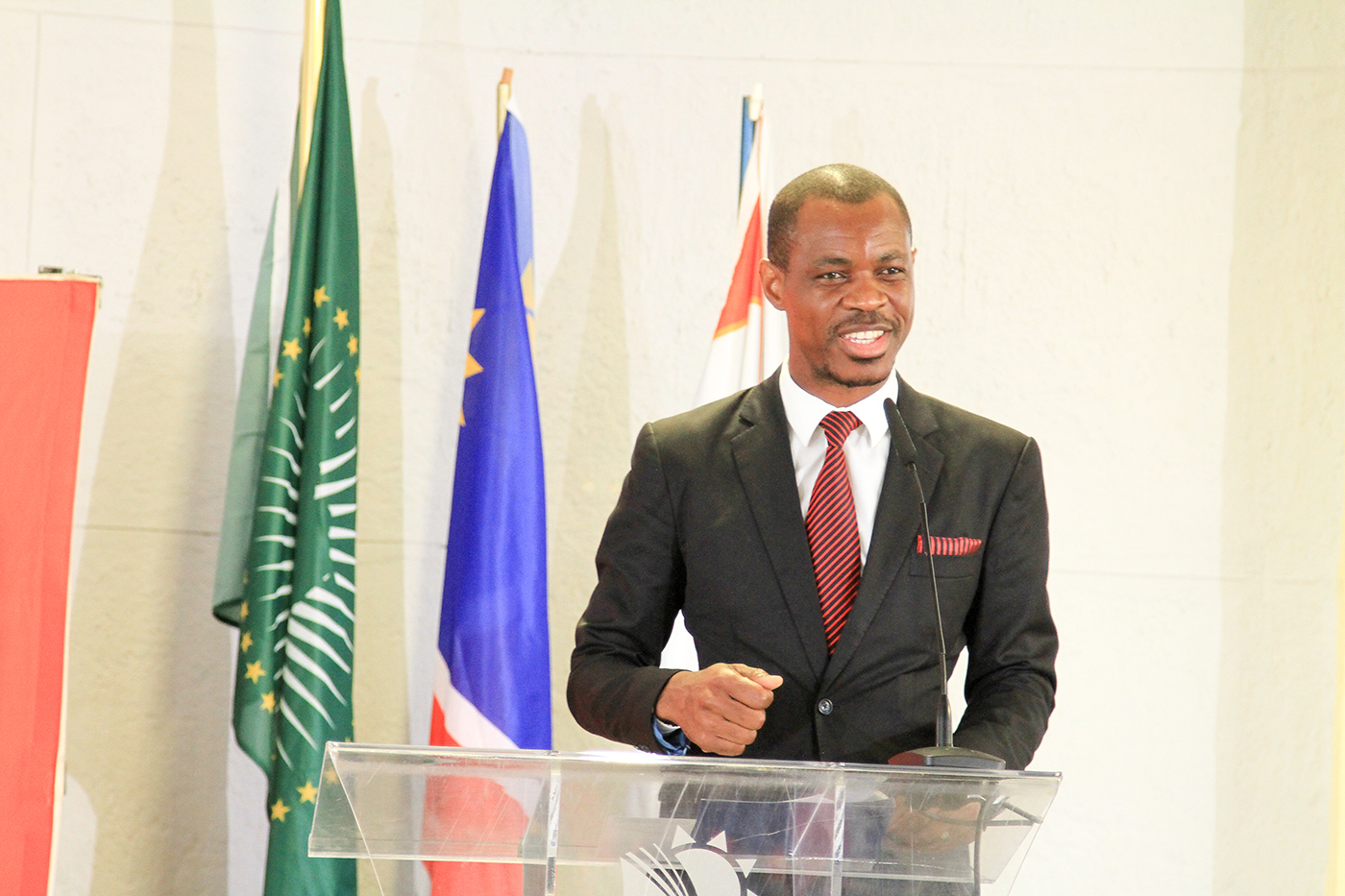
In his speech, UNAM Vice Chancellor Prof Kenneth Matengu lauded the event as an opportunity to strengthen global ties and foster meaningful dialogue. “It is about the capability to relate and to create international networks between relevant institutions,” he said, emphasizing the value of partnerships like the Bremen-Windhoek collaboration.
He also highlighted the importance of enabling communities to develop enterprises that could lift people from low-income brackets to middle-class and beyond.
“Our relationship with Bremen has always been built on listening and building capacity. Today’s lecture is an important continuation of that relationship, and I look forward to the insights that will emerge,” he stated.
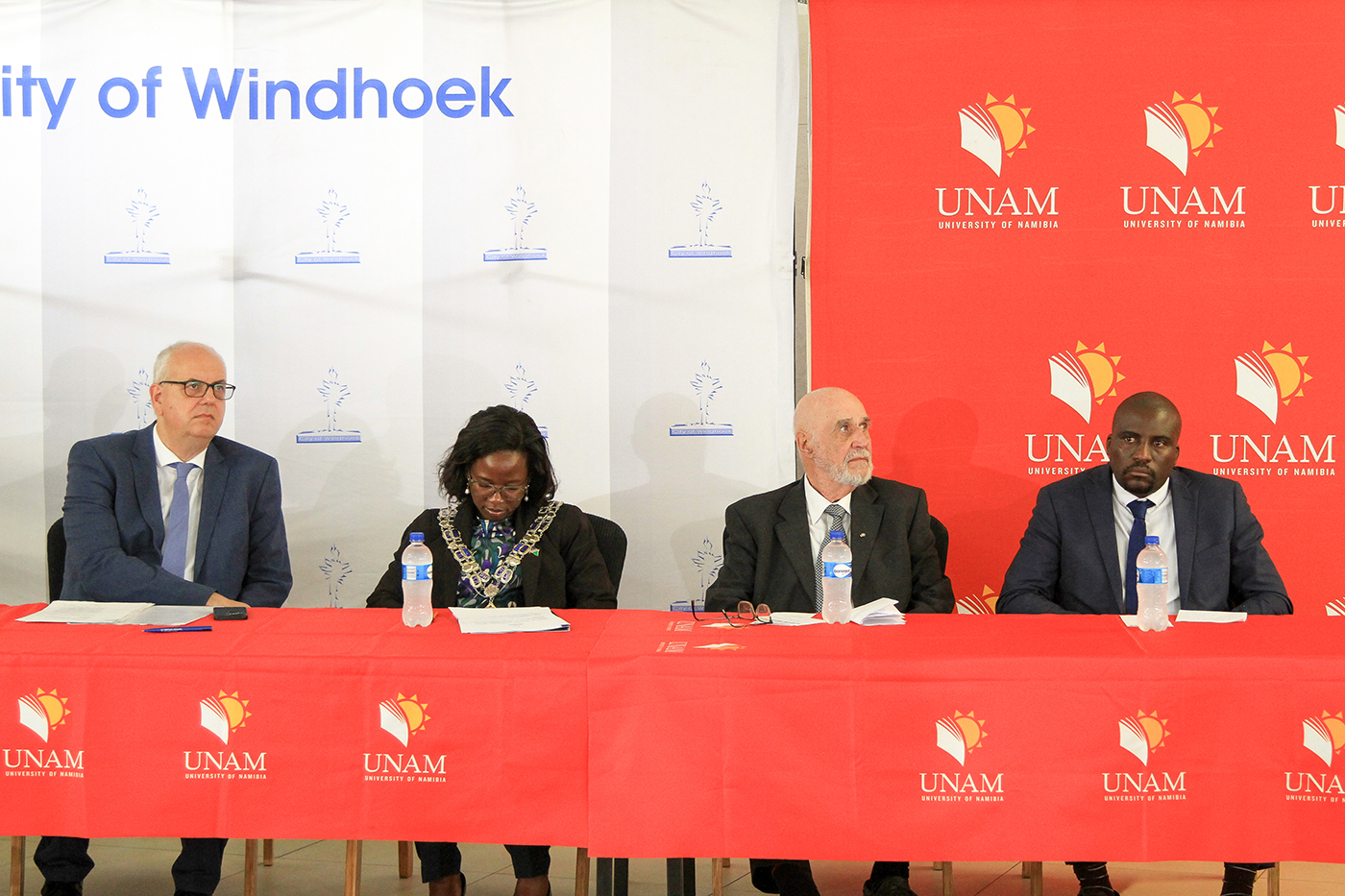
The lecture concluded with a question-and-answer session, where Dr. Bovenschulte engaged with the audience on topics ranging from climate resilience to the role of digital governance in modern cities


